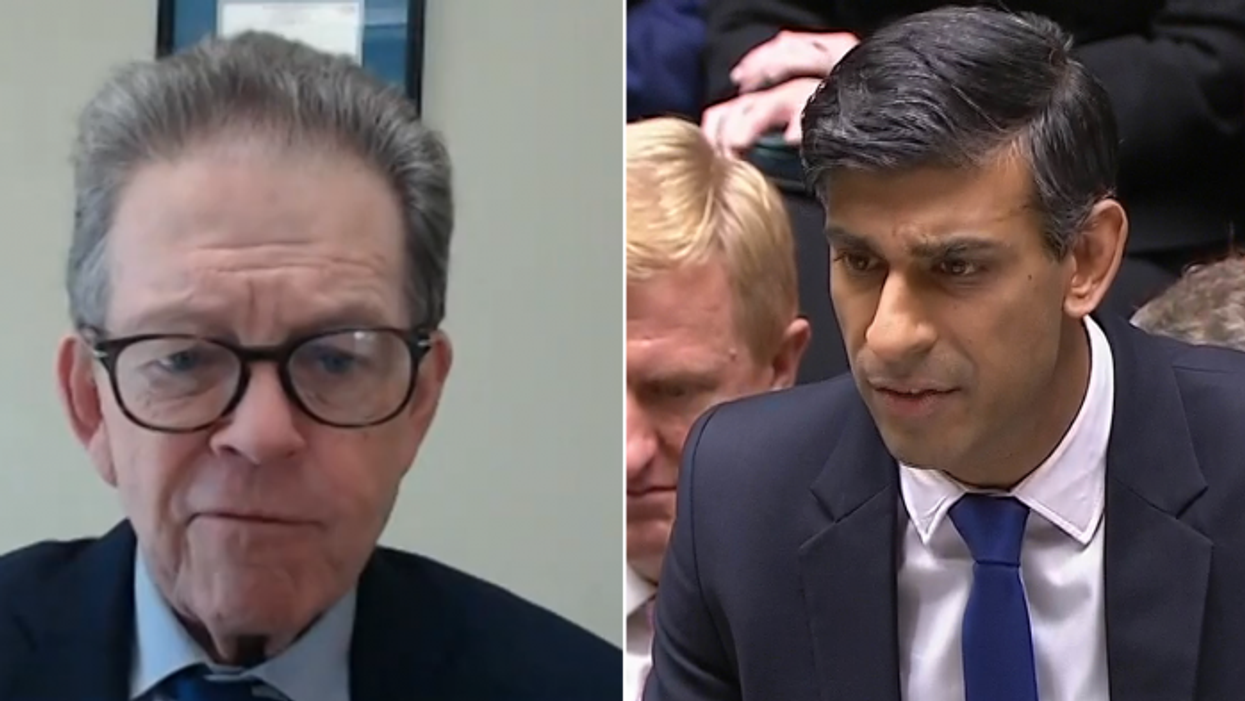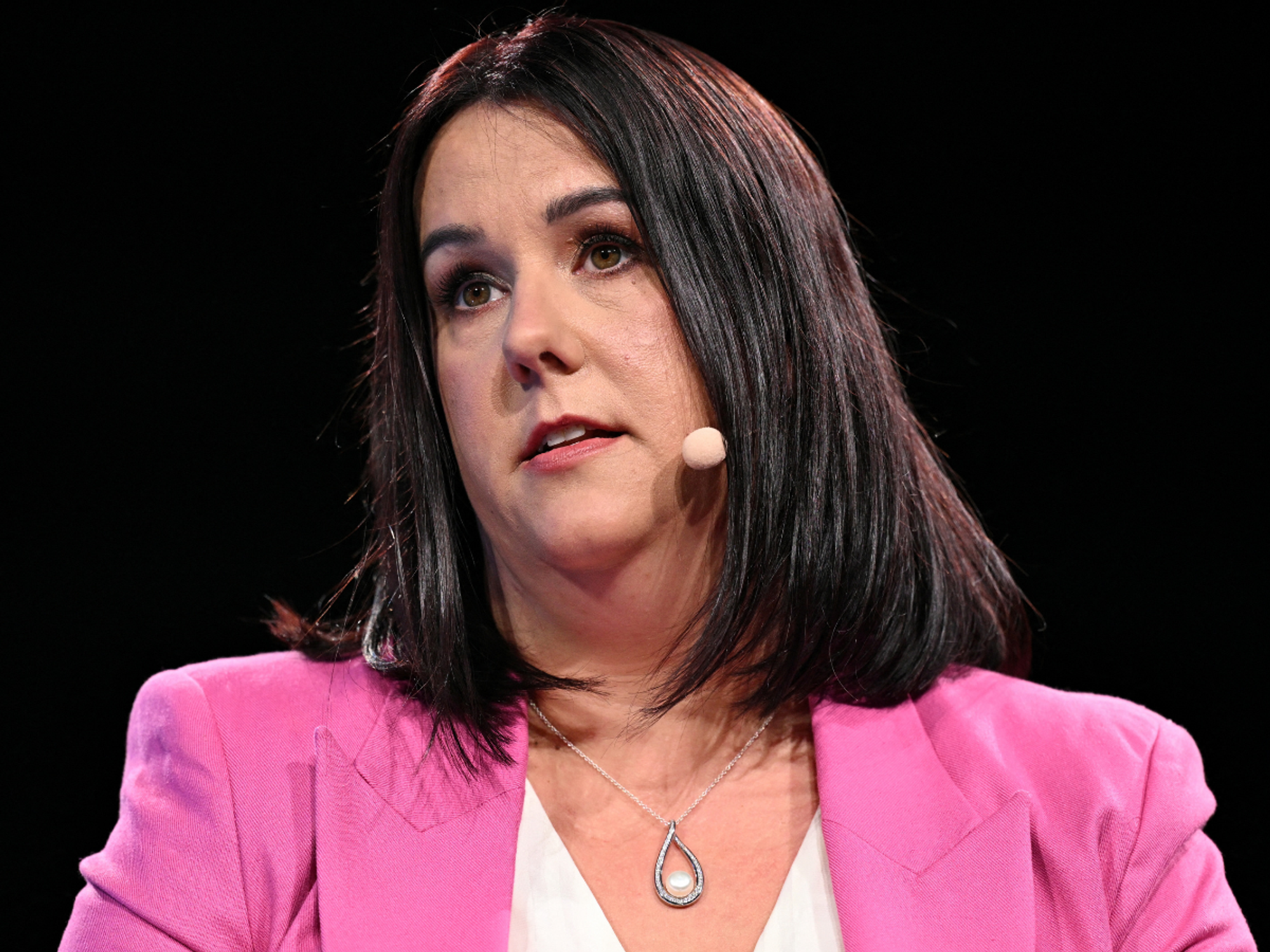Britons face 'higher taxes' in years to come despite National Insurance cut

The Chancellor Jeremy Hunt confirmed National Insurance would be slashed in 2024 but taxpayers are unlikely to benefit in the long term, experts have warned
Don't Miss
Most Read
Latest
Households are likely to face “higher taxes” in the next few years despite the Government’s recent reduction to the National Insurance rate, experts claim.
On January 6, the rate of National Insurance was slashed from 12 per cent to 10 per cent which Chancellor Jeremy Hunt claimed would be worth “nearly £1,000 for a typical two-earner family”.
Despite this cut, experts are warning that the overall tax burden for lower income families will go up in the next couple of years.
This is primarily due to fiscal drag which occurs when wages rise but tax allowance thresholds remain the same.
During his 2022 Autumn Budget, Mr Hunt confirmed that the existing tax allowance thresholds will remain at their current level until 2028.
According to the Office for National Statistics, in August to October 2023, total pay rose by 1.2 per cent on the year based on CPI real earnings.

Fiscal drag is impacting how much money people are able to take home
|GETTY
The last time pay growth was higher was August to October 2021 when it was 1.5 per cent.
At the same time, regular pay jumped by 1.2 per cent on the year; growth was last higher in July to September 2021 when it was 2.2 per cent.
As it stands, any earnings up to the personal allowance of £12,750 pay no tax. Anything between £12,751 and £50,270 pay a 20 per cent tax rate which is the basic rate.
The higher rate of tax of 40 per cent is applied to earnings between £50,271 and £125,140. Any earnings above this threshold pay the additional rate of 45 per cent.
With allowances remaining in place for the next four years and wages continuing to rise, even lower income households at risk of paying more tax.
Speaking to GB News, Chris Demetriou, accountant and co-founder of Archimedia Accounts, said that while a cut to the National Insurance rate was “undoubtedly a welcome tax cut”, it “may not fully offset the rising impact of frozen income tax bands as wages increase”.
He added: “My rough estimates suggest a significant chunk of lower and middle-income earners still stand to face higher taxes as a result of fiscal drag over the coming years, even after the NI cut takes effect.
“It's also worth noting the cut only applies to employees' National Insurance - the self-employed won't receive the same reduction.”
LATEST DEVELOPMENTS:
 Families are being dragged into paying tax due to the threshold freezes | GETTY
Families are being dragged into paying tax due to the threshold freezes | GETTY The Treasury’s projections forecast a 1.3 per cent yearly growth in average earnings between this tax year and 2026/27.
However, if wage rises exceed this estimate, households could be unexpectedly pulled into higher tax thresholds.
Mr Demetriou said: “Of course, much will depend on the state of the wider economy.
“But based on past trends and current inflation rates, I wouldn't be surprised to see fiscal drag outweigh much of the NI cut for a large proportion of taxpayers in the long run.”











